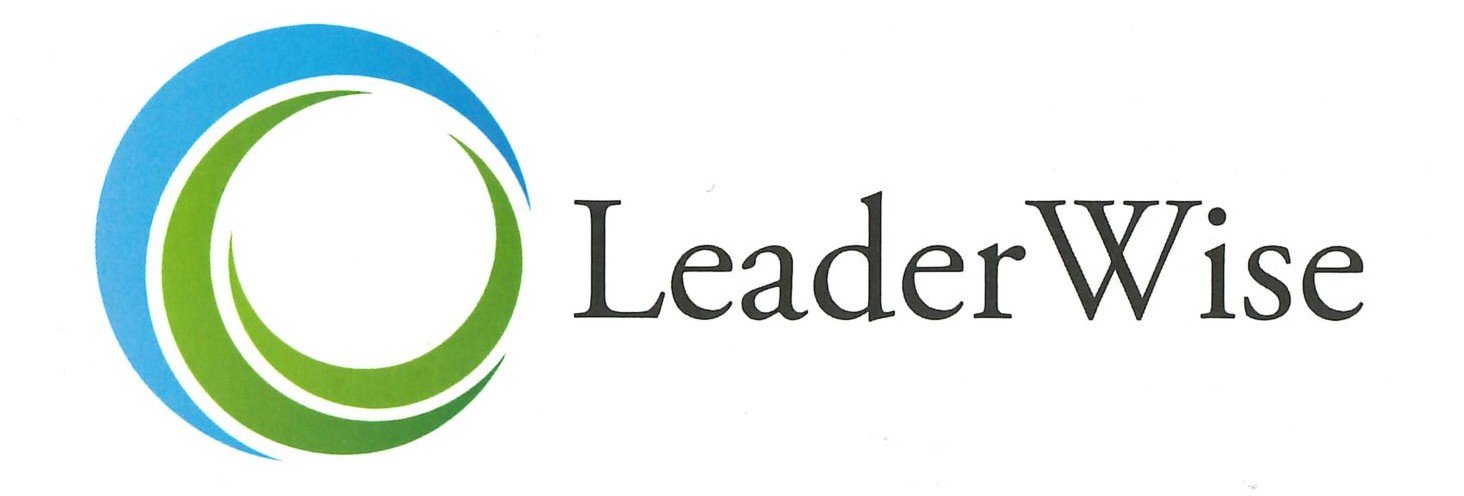Tuning In to Conflict
I have a couple of questions for you to ponder.
First, how do you feel about conflict?
It’s ok, you can be honest. If you are like most people, I can’t imagine the first thing that came to mind for most of you was, “I LOVE it!”
Okay, second question: As you think about all the places you spend time (your home, your church, your school, your gym) and all of the relationships you’re in, is there anything you would want to change?
Again, please be honest. I suspect just about all of you could think of at least one thing you would want to change somewhere in your life. If I had to guess, I bet an overwhelming majority of us fall into the group of people who might be ready for some sort of change. Yet, often what stops us from taking the first step is the very thought that it might cause conflict. The good news in all of this is that your relationship with conflict isn’t fixed. By increasing both your self-awareness and your skills, you can develop the capability to more calmly and confidently enter into conflict and, ultimately, work to bring about the change you have been longing for.
Here are three keys to improving your conflict management skills.
First, it’s important to know your own “tuning” when it comes to conflict. For most people, their understanding of conflict was probably shaped by what they saw within their first family or family of origin. If you grew up in a more open and expressive family, you may have observed conflict regularly (and, potentially, too much). If you were raised in a more stoic or less expressive family, conflict might have been a rare occurrence or something that simply didn’t happen at all. Either way, these experiences have likely impacted how you navigate conflict as an adult. You might think about what happened to you the last time you received an email in which someone expressed a concern or when a meeting you attended got contentious. Are you “tuned” to perceive any disagreement as a conflict? Are you comfortable leaning in when people passionately express differing views? This deeper self-awareness can help us be more attentive to our own needs when conflict starts to emerge.
Second, self-management and self-regulation skills can be really useful. Frequently, in the midst of a conflict situation, we may find ourselves in a state of physiological arousal, often referred to as “fight, flight or freeze.” When we are in this state, blood flow is diverted from our neocortex to our bodies to prepare us to defend ourselves or run to safety. However, the neocortex is the part of our brain where our higher level thinking happens – the part of our brain that allows us to respond rather than simply react to the situation at hand. If we try to engage with a parishioner, partner, or friend when we are emotionally dysregulated, we may not be showing up as our best selves. By giving ourselves time to pause and to return when our brains and bodies are ready, we are much more likely to think clearly and to avoid saying or doing things we may regret later. Research has shown that we often need 30 minutes or more to fully re-regulate!
Third, it helps to expand the variety of tools in your conflict toolbox. There are many different types of conflicts, and there is not a “one size fits all” approach that works well in every conflict scenario. By knowing what your go-to conflict styles are and working to develop other approaches, you will have more tools at your disposal when faced with a conflict. A helpful metaphor may be to think of it as a toolbox. If all you have is a screwdriver and you really need to pound in a nail, you may be able to get the job done but it could be frustrating, take longer, and result in you not achieving the outcome you had hoped for. By taking a step back, identifying the tool (or tools) you need, and then utilizing the best tool for the job, you will likely feel more confident in your ability to navigate the conflict in front of you and, ultimately, to work towards the change you desire.
By understanding your “tuning” to conflict, developing your self-management skills, and expanding your repertoire of conflict management approaches, you can shift your relationship with conflict and begin to develop increased confidence when (not if) a conflict arises in your church, relationships, or elsewhere.
Know that LeaderWise has great resources to help support you in this work!
To help you tune in and add to your toolbox, consider our Confidence in Conflict Workshop (online) on Thursday afternoon, October 24th.
For those in active conflict, our mediation consultants are here to help. Contact Mary Kay DuChene. It all begins with a conversation!

